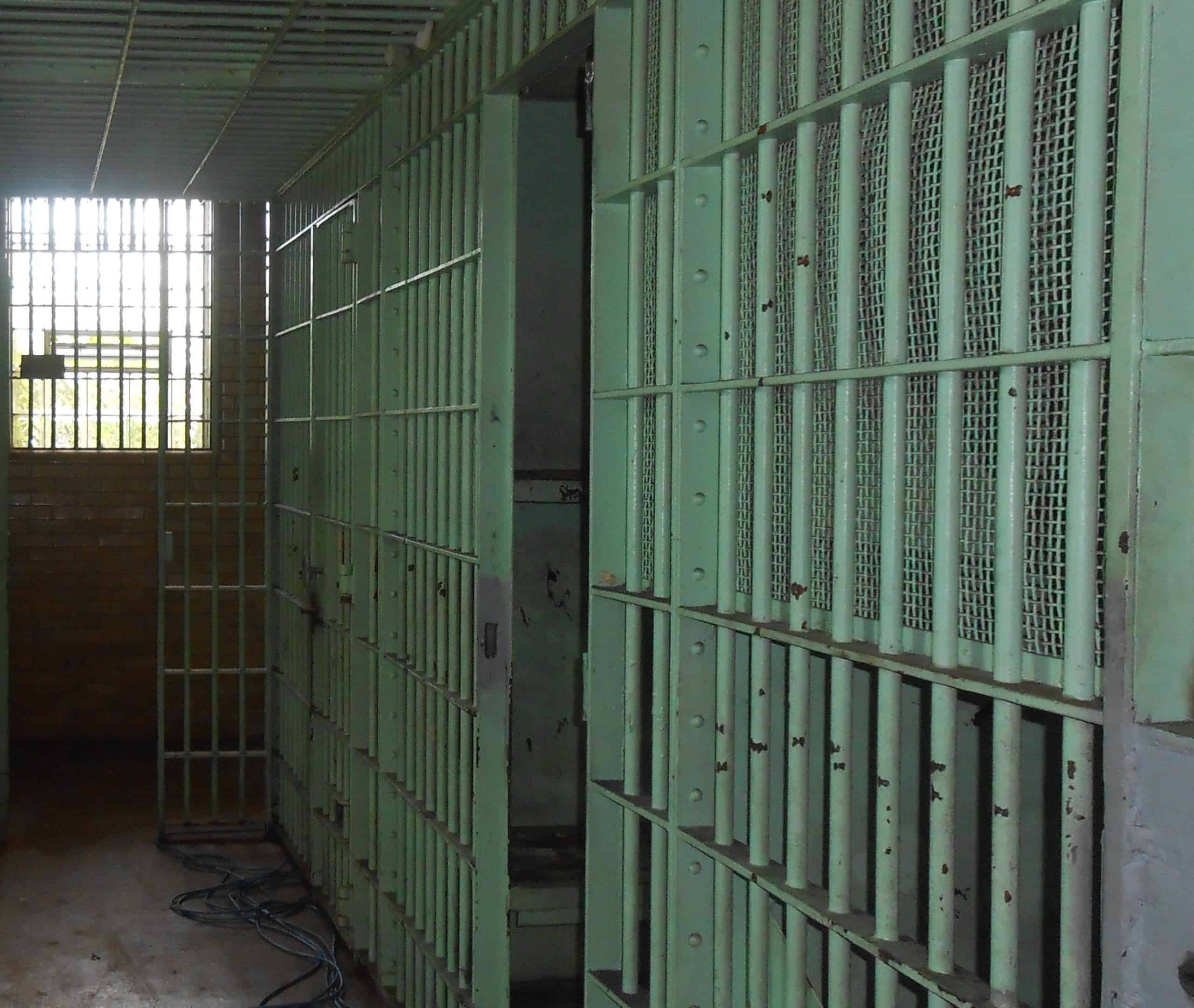U of T Mississauga students to map pollution in Peel and learn about prison life
Published August 30, 2022 at 2:50 pm

New courses launched at the University of Toronto Mississauga campus just might tempt you to go back to school.
The university just announced some of its new courses for the 2022-23 academic year. Course topics range from Indigenous storytelling to robotics and pollution.
Robotic perception
A new robotics course will examine how algorithms can address challenges in robots’ perception. Unlike humans, robots are not able to perceive the world around them and understand what is happening in our environments.
“At the end of the course, students will be able to better understand, what are the challenges involved in making a robot understand its environment,” says assistant professor for the course, Igor Gilitschenski.
Mapping air pollution
Geography students will map air pollution throughout Peel Region as part of a GIS (geographic information system) Capstone Project. Students will also look at the correlation between air pollution levels and socioeconomic status, and how disadvantaged groups are impacted by air pollution.
Life behind bars
In a course called Behind Bars: Anthropology of Institutions and Confinement, students will look at archeological records and learn about institutions’ effects on the human body, as well as the impacts of separation on people.
Artifacts such as skeletal remains, physician notebooks and confiscated prisoner-made tattoo machines can tell a much larger story of marginalized or institutionalized people, and the health inequities they faced throughout history.
“By looking at human skeletons from people who might have died in a hospital, asylum and institution, we can ask some sort of broad questions about health and power and structural violence,” assistant professor Madeleine Mant, who is teaching the course, says. “Looking at the type of archeological or archival records, we can start to think about the effects of institutions through time.”
Indigenous storytelling
Assistant professor Maria Hupfield, who is also an artist and an Anishinaabe-kwe citizen of Wasuaksing First Nation teaches a new course on the legends, beliefs and values of the Anishinaabek Nation.
Students will explore the Anishinaabe story through many different forms including dance regalia, weavings/baskets, poems, songs, and Anishinaabe legends – as well as creation stories and guest speakers.
Linguistics and computation
Another new course looks at how linguistics and computing intersect – and how computational algorithms and data structures can be used as a formal language model.
Politics and social justice
This political science course studies social justice issues around gender equality, racism, human rights, economic and social inequity, fairness and inclusion.
INsauga's Editorial Standards and Policies

